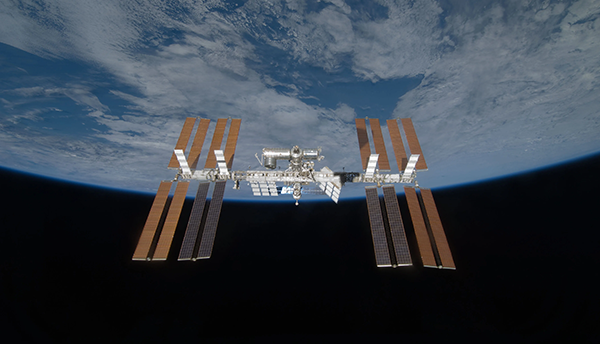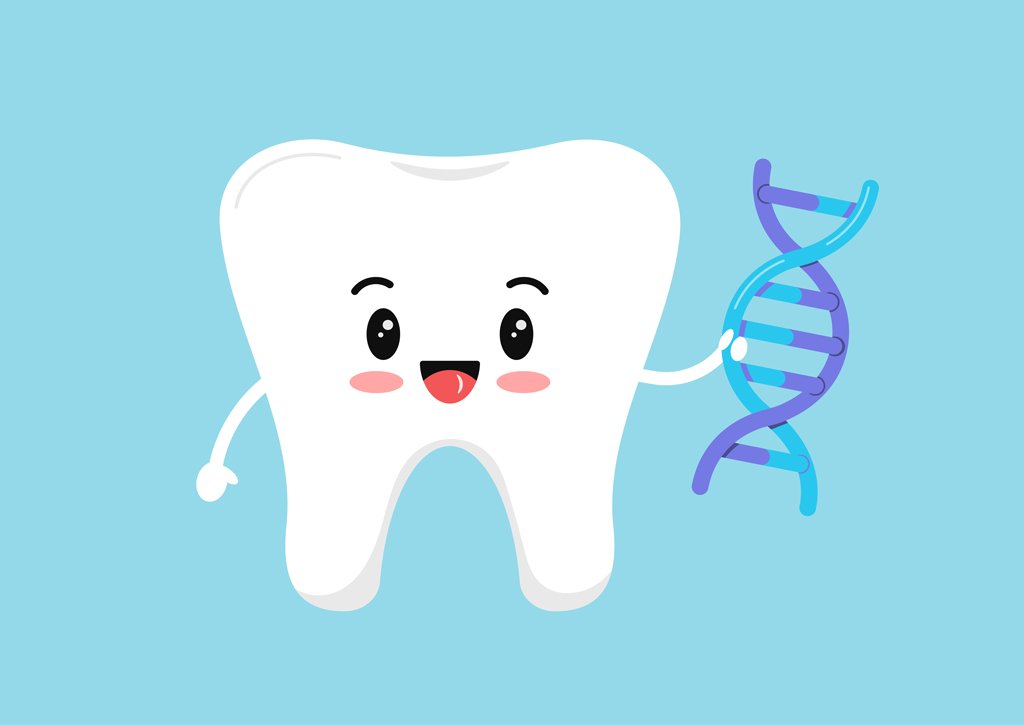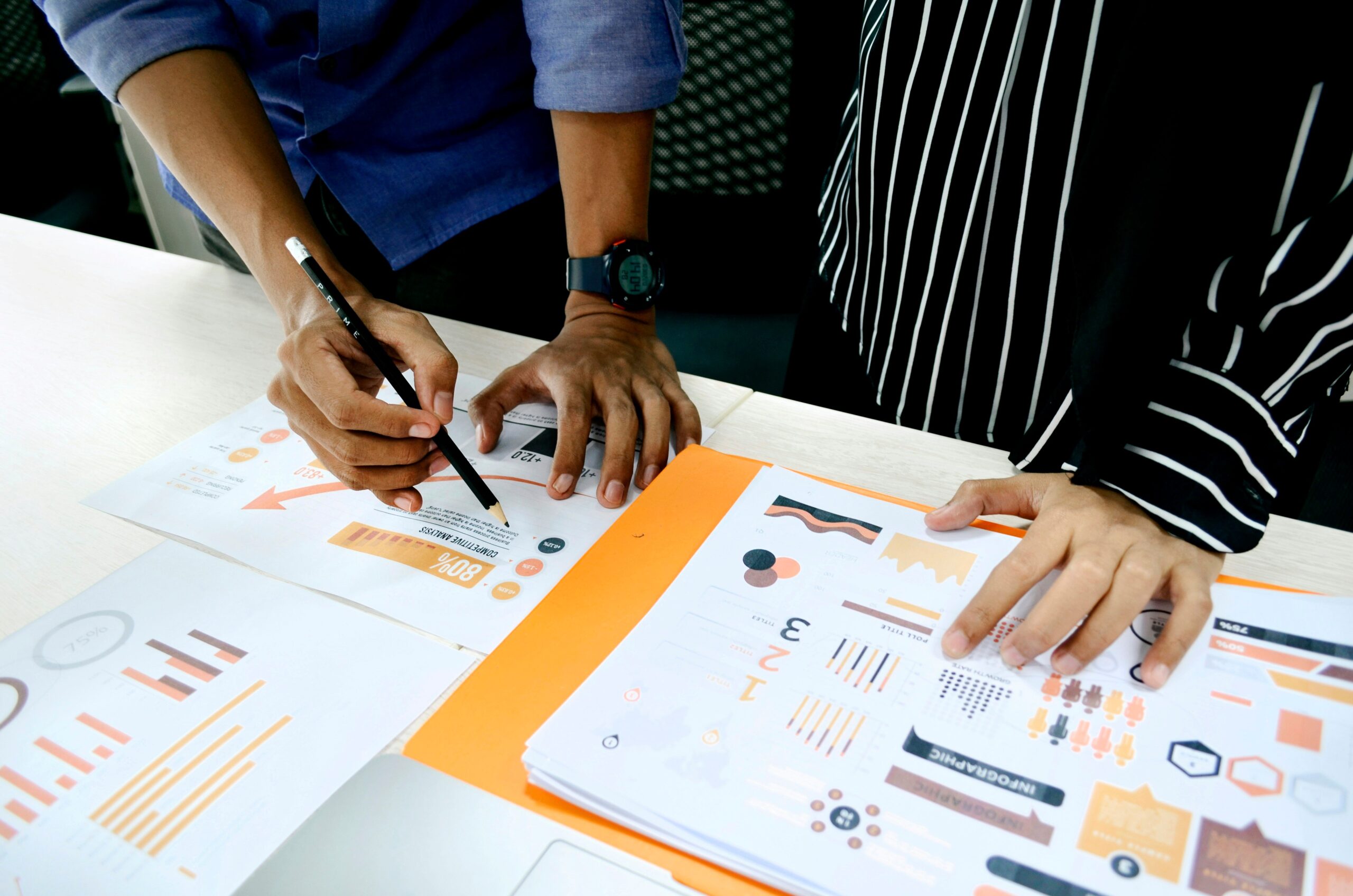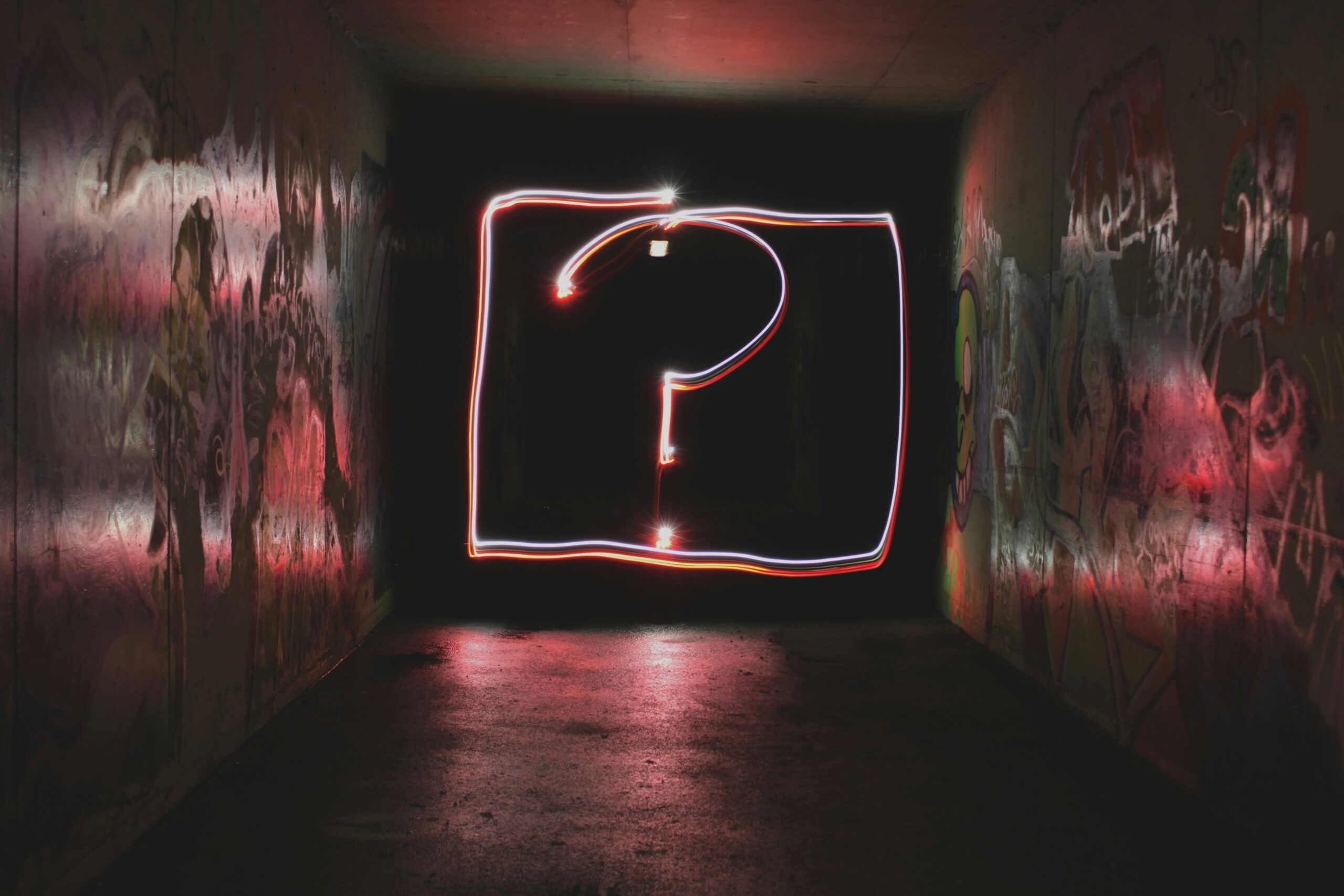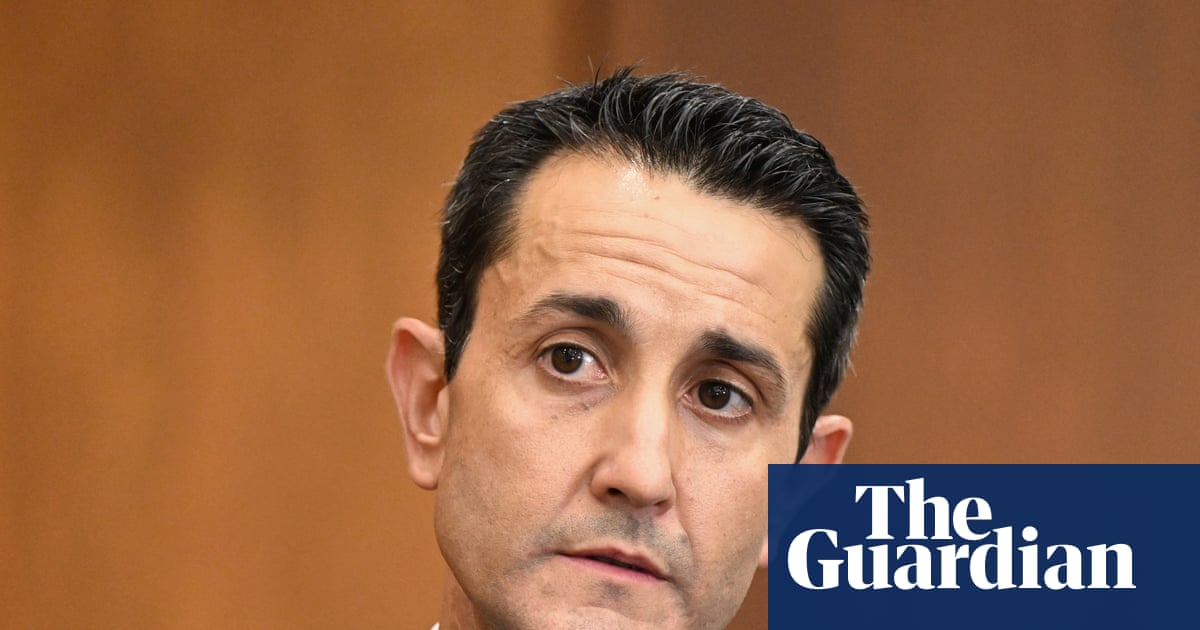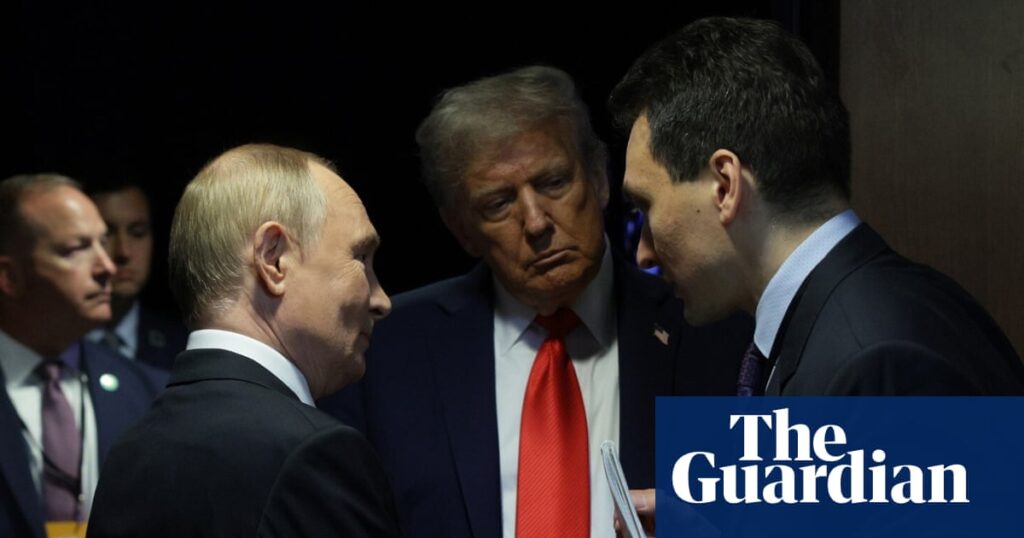
Vladimir Putin remains determined to “revive the Soviet Union” by “destroying democracy next door,” Ukraine’s ambassador to Australia has said following the Russian president’s inconclusive meeting with U.S. President Donald Trump. The leaders met for nearly three hours in Anchorage, Alaska, claiming “great progress” on a potential deal to end Russia’s war on Ukraine, yet no peace agreement was reached.
“There’s no deal until there’s a deal,” Trump stated, emphasizing his intention to brief NATO leaders and Ukraine’s President Volodymyr Zelenskyy on the discussions. Putin, speaking through an interpreter, acknowledged the need for Ukraine’s security guarantees but insisted that the “root causes” of the conflict must be addressed.
Ukraine’s Perspective on the Conflict
In an interview with the ABC, Ukraine’s ambassador to Australia, Vasyl Myroshnychenko, argued that the root cause of the conflict, from Putin’s perspective, is Ukraine’s status as a sovereign, independent, and democratic nation. “When Putin talks about the ‘root cause of war,’ it’s an independent Ukraine on the map of Europe. That’s the only cause of war for Russia,” Myroshnychenko stated.
He further criticized Putin’s ambitions, saying, “Putin is just out there on his mission to revive the Soviet Union, to revive the Russian empire, and it can’t be revived without Ukraine. Just overnight, as we speak, Russians have attacked many Ukrainian cities, sent many drones. So we don’t really see any indication of him ending his war.”
The Meeting in Alaska: A Diplomatic Stalemate
The meeting in Anchorage, initially planned as a one-on-one, expanded to include key aides from both nations. On the American side were Secretary of State Marco Rubio and Trump’s envoy Steve Witkoff, while Russia was represented by Foreign Minister Sergei Lavrov and foreign policy aide Yuri Ushakov.
After the meeting, both presidents addressed reporters but declined to take questions. Putin urged both countries to “turn the page” on their fraught relationship and “go back to cooperation.” He claimed that he and Trump had reached “an understanding” but no final agreement, urging European leaders to avoid undermining the progress made.
“I have every reason to believe that moving down this path we can come – and the sooner the better – to the end of the conflict in Ukraine,” Putin expressed.
However, he reiterated the need to resolve the “root causes” of the conflict, which have historically included demands for Ukraine’s renunciation of NATO membership and the removal of Zelenskyy as president.
Reactions and Implications
The chair of the Australian Federation of Ukrainian Organisations, Kateryna Argyrou, criticized Putin’s approach, stating he went to Alaska with “nothing to offer except more war.” She highlighted that no ceasefire or retreat from his maximalist demands was offered, even as Russian missiles and drones continued to target Ukrainian cities.
“His recycled propaganda about ‘root causes’ is simply code for denying Ukraine’s right to exist as a sovereign, independent nation – a denial made real through the devastation Ukrainians face every day,” Argyrou asserted.
Argyrou urged Australia and its allies to remain united in supporting Ukraine’s defense and enforcing sanctions against Russian figures. “There can be no lasting peace until Russia faces the truth: Ukraine is a sovereign nation,” she concluded.
Looking Ahead
The meeting in Alaska underscores the ongoing complexity and challenges in resolving the conflict between Russia and Ukraine. While diplomatic efforts continue, the lack of a concrete peace agreement highlights the deep-rooted issues at play. As the international community watches closely, the involvement of European nations and NATO will be crucial in shaping the future of these negotiations.
For now, the world remains in anticipation of the next steps, as leaders navigate the precarious path towards a potential resolution.
